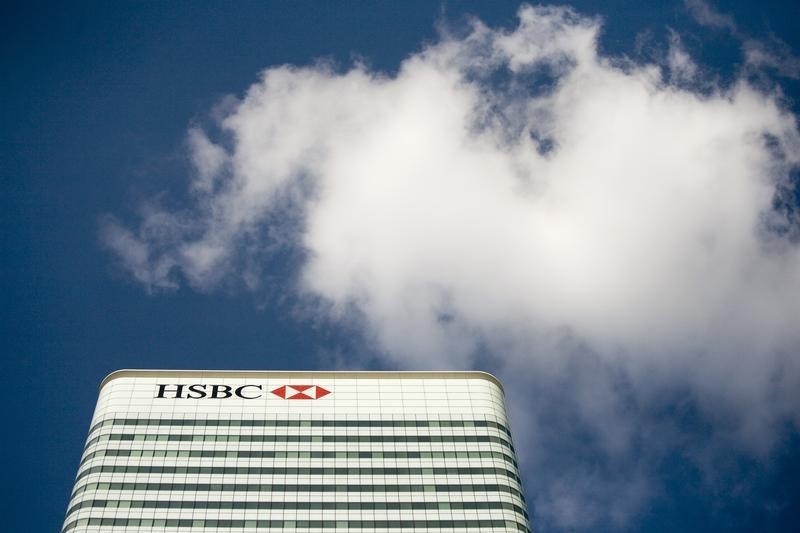© Reuters.
LONDON – HSBC UK has highlighted a worrying increase in scams targeting its business customers, with average losses in October reaching £2,960 due to more sophisticated email spoofing and hacking techniques. The bank reported this significant rise just before the Black Friday sales, a period notorious for heightened commercial activity and, consequently, increased fraudulent attempts.
The bank also noted a concerning trend among personal customer scams, with average losses from July to September amounting to £894. This figure escalated above £900 in September alone, suggesting a growing threat as the holiday season approaches. HSBC UK is calling for a concerted effort involving payment networks and social media platforms to tackle these cyber threats effectively. The emphasis is on educating customers to be extra vigilant against the refined tactics employed by cybercriminals during this high-risk period.
In response to the escalating threat of cybercrime, Virgin Money (LON:) has announced a significant investment of £130 million in artificial intelligence (AI) technology. This strategic move aims to enhance the bank’s defenses against the increasing sophistication of cyber threats and AI-powered fraudulent activities.
David Callington from HSBC UK stressed the importance of customer education regarding fraud tactics, especially during the busy pre-Christmas shopping season. He advocated for a whole-system approach that includes both payment industries and social media companies working together to prevent fraud.
As consumers and businesses gear up for one of the busiest shopping periods of the year, these developments serve as a stark reminder of the importance of cybersecurity and the need for industry-wide collaboration to safeguard against financial scams.
This article was generated with the support of AI and reviewed by an editor. For more information see our T&C.
Read the full article here

